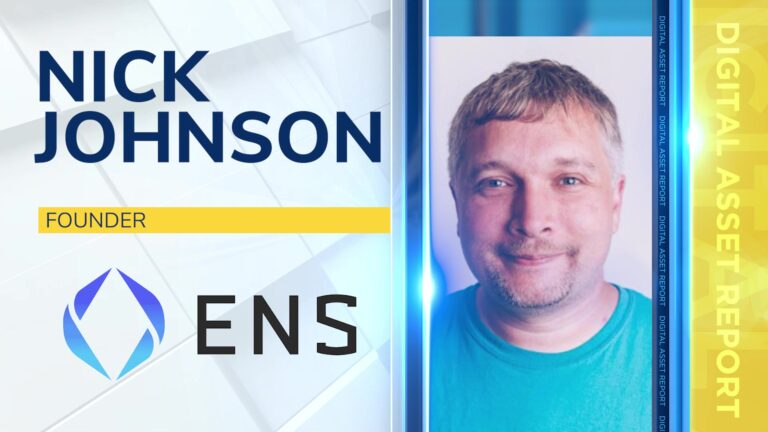
In a surprising turn of events within the blockchain and cryptocurrency space, Nick Johnson, a key figure at Ethereum Name Service (ENS), has initiated a request for the cancellation of a patent. Johnson claims that the patent in question pertains to Unstoppable Domains and alleges that the foundation of Unstoppable Domains is fundamentally built upon ENS.
The Genesis of the Dispute
The dispute revolves around the intellectual property rights associated with the decentralized domain space. Ethereum Name Service, pioneered by Nick Johnson, has long been a cornerstone in providing decentralized naming services on the Ethereum blockchain. ENS has gained recognition for its role in simplifying the complex web of cryptocurrency addresses by allowing users to register human-readable names.
Unstoppable Domains, another player in the decentralized domain arena, has risen to prominence with a slightly different approach. The company focuses on creating domain names that end in blockchain-specific extensions like .crypto and .zil. This has led to a clash of ideologies regarding the ownership and utilization of decentralized naming protocols.
Unpacking the Allegations
Nick Johnson’s claim centers on the assertion that Unstoppable Domains has not only borrowed concepts from ENS but has essentially constructed its foundation on the principles laid out by ENS. This includes the architecture, functionality, and underlying technology that powers the decentralized domain systems.
ENS, being an open-source project, has laid out its principles and protocols for public use. However, Johnson contends that the uniqueness of ENS has been compromised by Unstoppable Domains, suggesting that the latter has directly replicated or adapted crucial elements from ENS.
A Closer Look at the Patent in Question
The patent under scrutiny appears to be a linchpin in this legal tussle. Its details are yet to be fully disclosed, but preliminary information suggests that it encompasses elements integral to the functioning of decentralized domain services. Johnson and his legal team argue that the patent, if allowed to stand, could potentially stifle innovation and competition in the burgeoning decentralized domain space.
Legal Ramifications and Industry Impact
The repercussions of this dispute extend beyond the two parties involved. The outcome could set a precedent for how intellectual property disputes are handled within the blockchain and cryptocurrency sector. The community is keenly watching, as decisions made in this case may influence the trajectory of future projects and collaborations.
The legal battle also sheds light on the complexities of patenting within the decentralized and open-source ethos of blockchain technology. Striking a balance between encouraging innovation and protecting intellectual property rights remains a challenge, and the resolution of this case could provide insights into navigating these intricate waters.
Community Reaction and Stakeholder Responses
As news of Nick Johnson’s patent cancellation request circulates within the blockchain community, reactions have been mixed. Supporters of ENS echo Johnson’s concerns, emphasizing the need to preserve the integrity of open-source projects. On the other hand, proponents of Unstoppable Domains argue that healthy competition and innovation should be encouraged, provided it does not involve direct replication or infringement.
Stakeholders in the decentralized domain space, including developers, investors, and enthusiasts, are closely monitoring the developments. The case not only pits ENS against Unstoppable Domains but also raises broader questions about the collaborative and competitive dynamics within the blockchain ecosystem.
The Path Forward
As the legal battle unfolds, the broader cryptocurrency community awaits a resolution that could shape the future landscape of decentralized domain services. The clash between ENS and Unstoppable Domains underscores the challenges and opportunities inherent in the rapidly evolving blockchain industry.
Nick Johnson’s plea for the cancellation of the patent emphasizes the need for a careful examination of the intersections between open-source principles, intellectual property rights, and healthy competition. Whatever the outcome, this dispute serves as a pivotal moment in the ongoing narrative of blockchain technology, prompting stakeholders to reflect on the delicate balance between collaboration and protection of innovative ideas.
In conclusion, the blockchain and cryptocurrency community must navigate this legal labyrinth with a keen awareness of the potential ramifications for the future. The story of Nick Johnson’s patent cancellation request against Unstoppable Domains will undoubtedly be etched into the annals of blockchain history, leaving a lasting impact on how decentralized projects interact, compete, and innovate in the years to come.